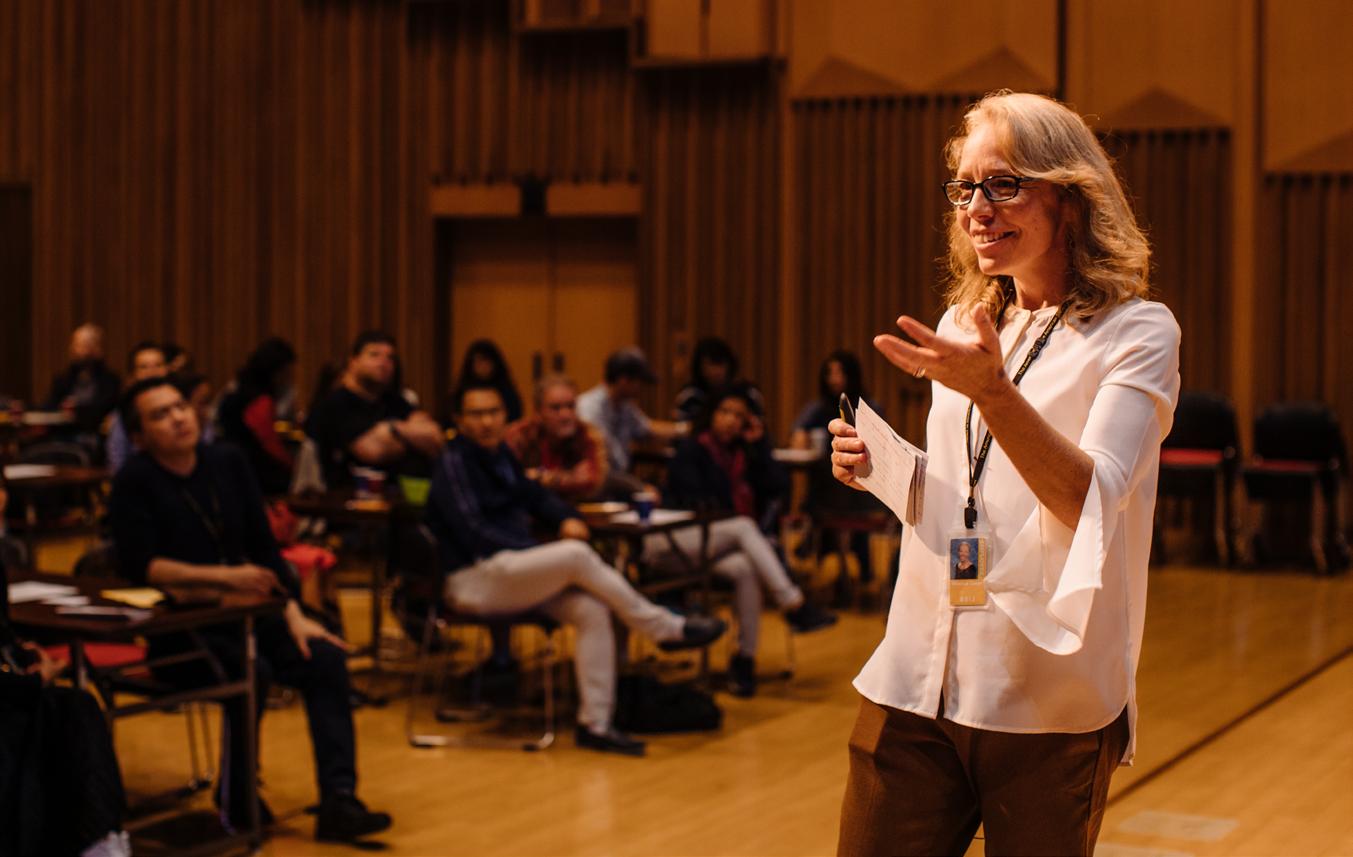
4 minute read
Safeguarding: The Next Level
Safeguarding: The Next Level
Monica Clear explores the progress ASIJ has made in safeguarding and what it means to have received Level Two Certification from Keeping Children Safe

On May 31, 2019, a long-awaited email arrived in my inbox from the organization, Keeping Children Safe (KCS). This email shared the results of an external audit performed in the month by the child protection capacitybuilding organization based in the United Kingdom. If ASIJ passed the audit, the school would be awarded a Level Two Certification in recognition of high standards of child protection policies and implementation—an achievement that had been a Board-directed goal for
the school since 2015. This we knew. What we didn’t know was that Level Two had never been successfully obtained previously by any school or organization working with KCS.
Throughout the four-day audit visit in mid-May, Vijay Baskar from KCS reviewed numerous documents and met with a number of community stakeholders. Focus groups were held with students from grades 3-12, members
The Council of International Schools (CIS) visited ASIJ in January to speak to faculty about safeguarding

of the Leadership Team and Board of Directors, parents from all four school divisions, individual department heads from Communications to Transportation, and members of the Safeguarding Task Force that had been collaboratively working towards the goal of achieving Level Two for over three years.
The standards assessed during the audit included: Setting Policy, Organizing Staff, Planning and Implementing, and Monitoring and Reviewing. As Safeguarding Coordinator, it was my role to facilitate this effort. During his visit, Vijay was able to see concrete examples of the widespread training program we’d put in place over the previous years, a shared understanding of personal safety in the student body and the reporting structures we’d developed.
To achieve the certification would mean the school had successfully implemented a strong safety net for students; falling short of the certification would result in a roadmap for the work that is still to be done. After several years of
creating and implementing new policies and practices, it was time for an assessment and either result would help move us forward.
On May 31, with a deep breath and one click, I opened the message from KCS and read the word, “Congratulations!” ASIJ had successfully passed Level Two Certification becoming the first organization working with KCS to do so. The letter acknowledged that ASIJ has “developed a child safeguarding framework that, when implemented, protects children from harm and if a child safeguarding incident should occur, you have the appropriate response mechanisms in place…” In particular, the audit report made mention of how ASIJ had embedded a culture of safeguarding within the school’s vision, priorities, and whole-school operations.
Although this has been a large achievement in the school’s overall commitment to safeguarding, the work is never truly done. The Safeguarding Task Force continues to set goals towards greater transparency, tighter collaboration when

ASIJ is helping other schools develop their safeguarding programs by hosting various personal development opportunities on campus
Monica teaches parents about safeguarding practices
concerns arise and additional shared understandings of the school’s approach to issues of abuse and harm to children. Likewise, an important objective of this work is to embrace ASIJ’s leadership role in our local community and share our resources, successes and lessonslearned with other international schools in the greater Tokyo region and beyond.
To this aim, in January 2019, ASIJ hosted a four-day child protection conference organized by the Council of International Schools (CIS), attended by 150 educators and administrators from everywhere from Angola to China. Workshops included introductory and deep-dive topics such as Managing a Safeguarding Allegation, Peer-on-Peer Abuse, and Comprehensive Sexuality Education. Twenty-seven faculty and administrators from ASIJ participated in the conference and members of our Board of Trustees attended a special session on Trustee Safeguarding Training.
A Tokyo Professional Learning Community (PLC) for individuals who serve as Safeguarding Leads at their school was born out of this conference, and the group continues to grow beyond its current membership of 30 professionals. ASIJ recently hosted the PLC and invited an attorney specializing in children’s rights law to discuss recent

changes in Japanese law. At the end of the day, it should not matter what school a child attends; all children deserve Level Two quality of safety at their learning institution so they can safely thrive and develop to their full potential. ASIJ is working to provide that model and be a resource for change in our community and the school remains committed to a prevention, response, and best practice model of safeguarding in schools.










